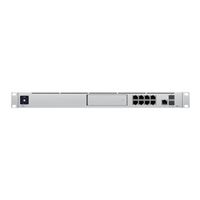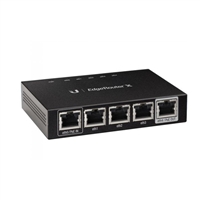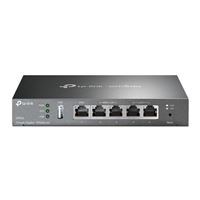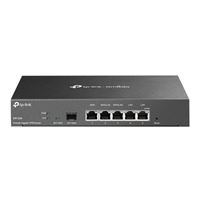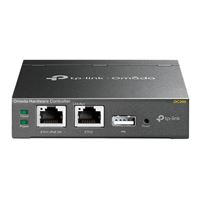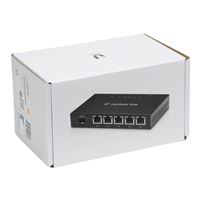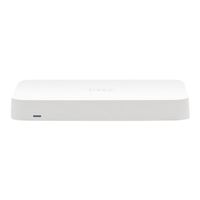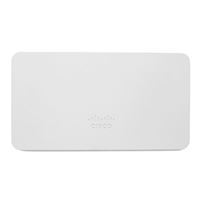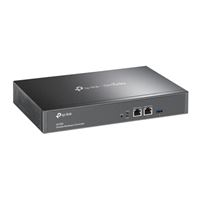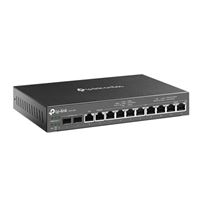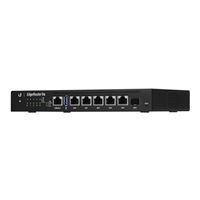Breadcrumbs
- Selected Refinements:
- Networkingx
- Wired Networkingx
- Wired Routersx
Special Offers / Advertisements
Compare up to 4 items
New list of matching products
X
Sorry, you may compare a maximum of 4 items at a time.
Please clear one or more of your compare items before adding another-
8 IN STOCK at Chicago StoreOur price $499.99
-
2 IN STOCK at Chicago StoreOur price $64.99
-
SKU: 251892
- SPI Firewall SB Router
- Omada SDN Integrated, Load Balance, Lightening Protection, Limited Lifetime Protection
- SPI Firewall SB Router
- Omada SDN Integrated, Load Balance, Lightening Protection, Limited Lifetime Protection
6 IN STOCK at Chicago StoreOur price $59.99 -
4 IN STOCK at Chicago StoreOur price $149.99
-
1 IN STOCK at Chicago StoreOur price $104.99
-
3 IN STOCK at Chicago StoreOur price $99.99
-
2 IN STOCK at Chicago StoreOur price $129.991 open box from $77.96
-
0 IN STOCK at Chicago StoreOur price $339.991 open box from $288.96
-
3 IN STOCK at Chicago StoreOur price $199.99
-
3 IN STOCK at Chicago StoreOur price $279.99
-
4 IN STOCK at Chicago StoreOur price $269.99
Special Offers / Advertisements
{
'name': 'UniFi Dream Machine Special Edition',
'id': '651034',
'price': '499.99',
'brand': 'Ubiquiti Networks',
'category': 'Wired Routers|497',
'list': 'Search Results',
'position': 1
},{
'name': 'EdgeRouter X 5-Port Gigabit Router',
'id': '618724',
'price': '64.99',
'brand': 'Ubiquiti Networks',
'category': 'Wired Routers|497',
'list': 'Search Results',
'position': 2
},{
'name': 'TL-R605 SafeStream Gigabit Multi-WAN VPN RouterUp to 4 GB Wan Ports',
'id': '635228',
'price': '59.99',
'brand': 'TP-LINK',
'category': 'Wired Routers|497',
'list': 'Search Results',
'position': 3
},{
'name': 'SafeStream Gigabit Multi-WAN VPN Router',
'id': '649002',
'price': '149.99',
'brand': 'TP-LINK',
'category': 'Wired Routers|497',
'list': 'Search Results',
'position': 4
},{
'name': 'OC200 Omada Hardware Controller',
'id': '661978',
'price': '104.99',
'brand': 'TP-LINK',
'category': 'Wired Routers|497',
'list': 'Search Results',
'position': 5
},{
'name': 'UISP EdgeRouter X SFP',
'id': '666873',
'price': '99.99',
'brand': 'Ubiquiti Networks',
'category': 'Wired Routers|497',
'list': 'Search Results',
'position': 6
},{
'name': 'GX20 5 Port Security Gateway',
'id': '643887',
'price': '129.99',
'brand': 'Meraki Go',
'category': 'Wired Routers|497',
'list': 'Search Results',
'position': 7
},{
'name': 'GX50 Firewall Plus 5-Port Router & Security Gateway',
'id': '661365',
'price': '339.99',
'brand': 'Meraki Go',
'category': 'Wired Routers|497',
'list': 'Search Results',
'position': 8
},{
'name': 'OC300 Omada Hardware Controller',
'id': '661979',
'price': '199.99',
'brand': 'TP-LINK',
'category': 'Wired Routers|497',
'list': 'Search Results',
'position': 9
},{
'name': 'ER7212PC Omada 3-in-1 Gigabit VPN Router',
'id': '671174',
'price': '279.99',
'brand': 'TP-LINK',
'category': 'Wired Routers|497',
'list': 'Search Results',
'position': 10
},{
'name': 'ER-6P 6-Port PoE EdgeRouter with EdgeMAX Technology',
'id': '675134',
'price': '269.99',
'brand': 'Ubiquiti Networks',
'category': 'Wired Routers|497',
'list': 'Search Results',
'position': 11
}
{'id': 'Tower',
'name': 'Microsoft Windows Server',
'creative': 'https://60a99bedadae98078522-a9b6cded92292ef3bace063619038eb1.ssl.cf2.rackcdn.com/images_ads_2023Search_June_microsoft_win_server_2019_tower_with_Xeon_badge.png',
'position': '1' }


